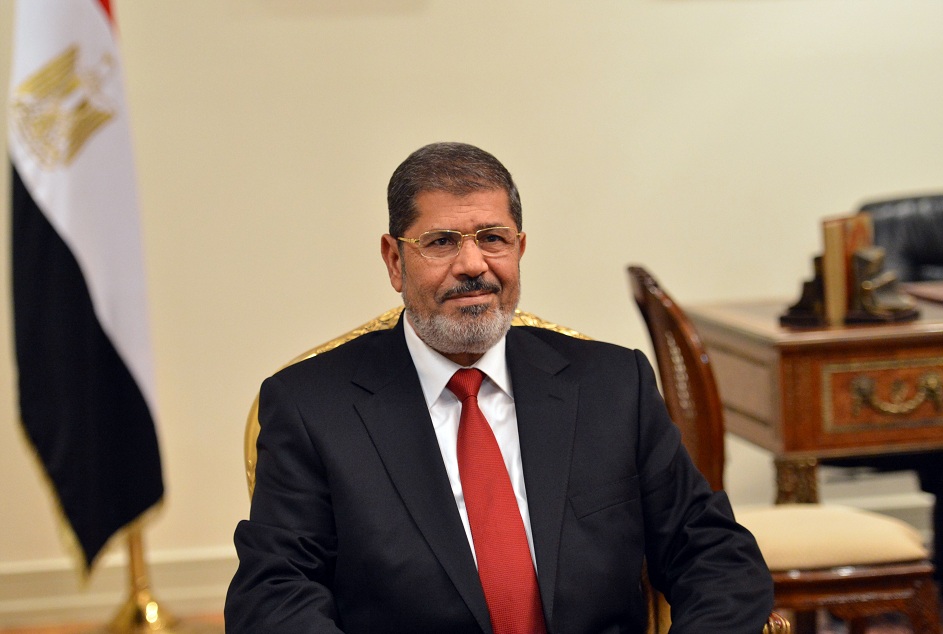
AFP PHOTO/KHALED DESOUKI
By: Lamia nabil
President Mohamed Morsi will propose a draft law to the Shura Council to reopen the Port Said Duty Free Zone, which was shut down 2002, according to a statement released by the presidency.
The statement also outlined a proposed development plan targeting the canal governorates of Port Said, Suez and Ismailia, in order to create new job opportunities, using EGP 400m yearly from Suez Canal revenues for the three provinces.
The statement comes on the back of four days of civil disobedience in Port Said.
Port Said, Ismailia and Suez have been in uproar since 26 January, after the conviction of 21 people from Port Said sentenced to death for their involvement in the 2012 Port Said football stadium massacre.
Forty people have died since then, according to state-run Al-Ahram.
Hamdy Abd el-Azeem, an economic consultant and former dean of the Sadat Academy, said that the decision was a political one, an effort to placate Port Said’s angry residents.
He also added that although these provinces badly need to be developed, there are others in Upper Egypt and Sinai also, which are currently being ignored.
Abd el-Azeem also said that reopening the duty free zone in Port Said will encourage smuggling, because in the past there were regulations on imports and high taxes on goods and products, “but now all importing regulations have been cancelled and the taxes have become very low, even negligible on some goods and products”.
Chairman of the Chamber of Commerce in Port Said Mohamed Al-Masry said that shutting down the free zone in 2002 was extended every year, which means it was not active since 2002. The decision needs to be followed by other decisions, he said.
He also questioned the decision-making criteria behind the allocated $400m, also commenting that this was a case of mistaken priorities.
“This is also not the time to talk about money,” he said. “There are people lying dead in Port Said right now.”
In light of the events that have been unfolding in Port Said over the past 24 hours, the Suez Canal Container Terminal (SCCT) night shift was unable to reach the terminal last night due to road blockage. As of late afternoon on February 19, all roads leading to the ferry on the Port Fouad side have been blocked by protesters. These roads are considered the main and most effective way to and from the terminal. The SCCT decided to suspend the night shift on Tuesday 19 February.
“The SCCT is not part of the current situation,” said SCCT Managing Director Klaus Holm Laursen. “Our focus is on the work at the terminal, the safety of our team and exerting every effort to support our customers, who are supporting Egyptian consumers and the business environment in Egypt. It is clear that the present situation is not good for business and is more likely to cause business to shrink, hence providing fewer opportunities for Egyptians.”
Shipping is an international business and there are opportunities in other countries also aside from Egypt, he said, which again may lead to longer term losses for the country.



